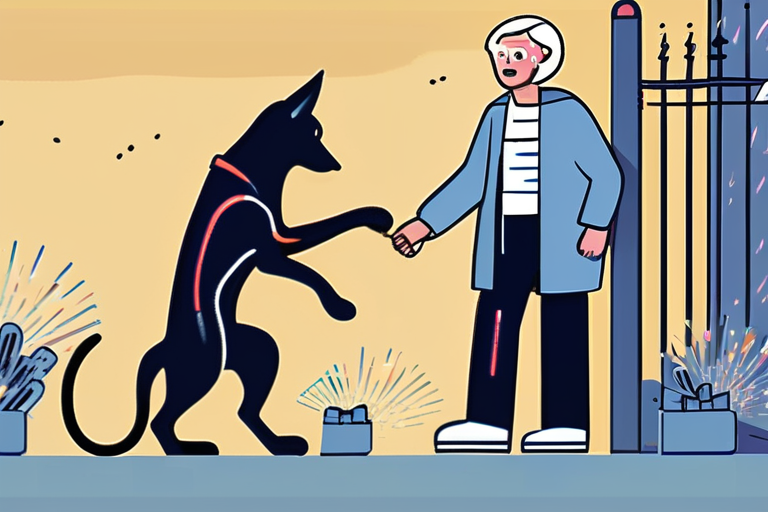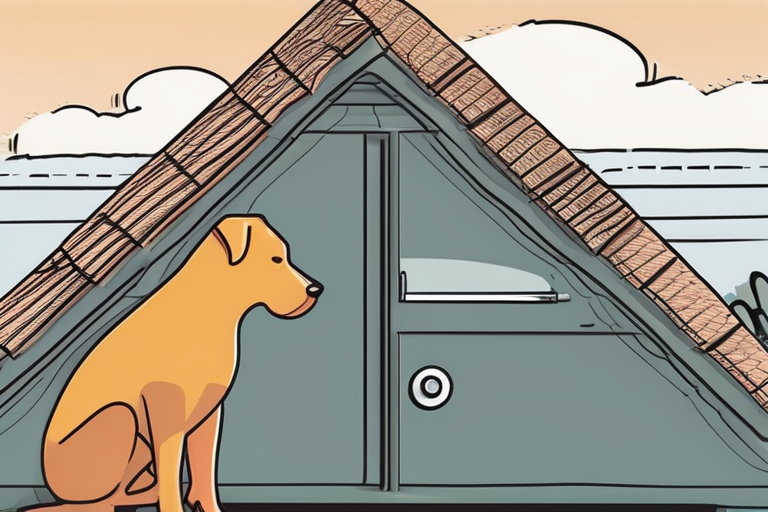Pet Owners' Pranks on Pets Exposed: A Hidden Cost to Animal Welfare


Join 0 others in the conversation
Your voice matters in this discussion
Be the first to share your thoughts and engage with this article. Your perspective matters!
Discover articles from our community

 Hoppi
Hoppi

 Hoppi
Hoppi

 Hoppi
Hoppi

 Hoppi
Hoppi

 Hoppi
Hoppi

 Hoppi
Hoppi

Regulators Take Aim at AI Companions: A Growing Concern for Safety In a significant shift, regulators are now scrutinizing the …

Hoppi

Breaking News: Stranger Offers Ride Home After Fireworks Cause Dog's Panic In a heartwarming display of kindness, a stranger offered …

Hoppi

The Embarrassment Epidemic: Why Everything Online Feels So Cringeworthy In a world where social media reigns supreme, it's no surprise …

Hoppi

Breaking News: Study Reveals Surprising Link Between Dog Ownership and Extreme Weather A new study published by researchers at the …

Hoppi

BREAKING NEWS URGENT: Stranger Offers Lifesaving Ride After Fireworks Leave Dog in Distress A Good Samaritan has come to the …

Hoppi

Regulators Take Aim at AI Companions as Concerns Over Unhealthy Bonds Grow In a significant shift, regulators are now targeting …

Hoppi